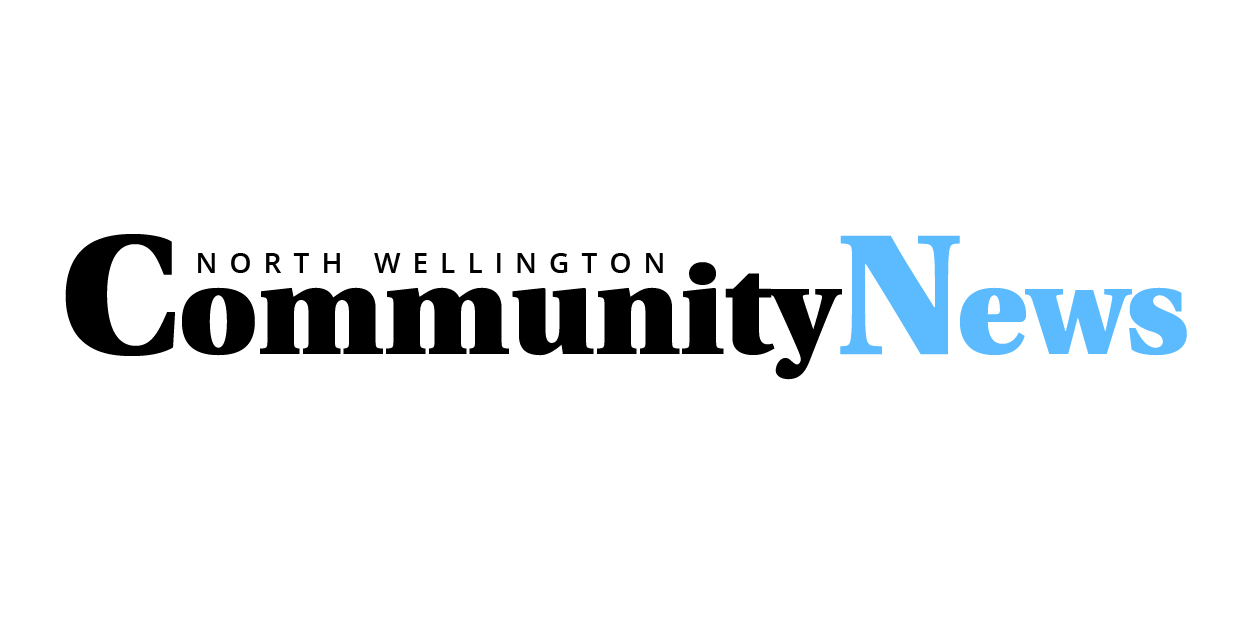Despite optimism around the rapidly expanding vaccination program, it appears there really is no easy route out of this pandemic.
On March 15 the Ontario Hospital Association (OHA) gave notice that, in their assessment, the third wave had already arrived.
“We’re now in wave three,” OHA officials stated, adding “strong adherence to public health measures is urgently needed to prevent overwhelming hospitals.”
While “adherence to public health measures” is good advice at any time, on this occasion it may be the only thing that will facilitate a continued path back to “normal” – whatever that is eventually going to be.
Whatever the future holds, it seems we’ve been extremely fortunate in the Wellington-Dufferin-Guelph Public Health region to have a medical officer of health and staff that seem constantly a step ahead of the curve.
This region was the first in Ontario to implement a mask mandate, which was eventually emulated province wide, a recognition that masking in public is an effective way to reduce virus transmission. No doubt this decision directly saved lives.
More recently, the local vaccine rollout has gone off relatively smoothly, with an appointment booking system in place and local citizens receiving vaccines for the past several weeks. By contrast, the provincial booking system was finally launched this week, with the attendant crashes and glitches often unfortunately associated with such massive undertakings.
WDGPH is already booking vaccinations for Stage 2 recipients, including those in the 60 to 64 age range.
In the face of these local successes, it’s often hard to fathom the negative reaction of some to any news involving local efforts to control the pandemic.
Earlier this month a plea by MOH Dr. Nicola Mercer for “compassion and empathy” in response to “a growing number of aggressive and negative comments directed toward public health staff over the phone, via email and through online comments,” was met with what has sadly become some pretty standard trolling.
“People are sick and tired of being told what to do by un-elected officials,” was the gist of the reaction from a number of Facebook philosophers.
This is one commonly-offered trope that is truly perplexing.
Are there people out there who think medical officer of health should be an elected position? How would that work exactly? Could anybody run? Would you have to at least pass a first aid course?
Ironically, many of these same people are no doubt frequent complainers about decisions made by elected officials.
Yet somehow, in a public health context, politicos are viewed as preferable to clinicians?
Having chronicled the utterances of politicians for more years than I care to admit to, among my all-time favourite quotes on the nature of local government came from former Town of Minto councillor Rick Hembly, who once noted humbly during a discussion on council remuneration, “This is the only position I’ve ever had where I didn’t need any qualifications.”
To be fair, there are plenty of local council members with expertise and experience on a wide range of topics, but I can’t think of many, if any, with medical degrees on councils I have covered. I’d rather the pandemic be handled by professionals, thanks.
If it’s any consolation to the commentariat, public health in Ontario is overseen by a board of health made up of both of elected and appointed representatives from all municipalities in the catchment area. At the end of the day, they all take their mandates from the province. So if it’s political oversight you want, you got it.
Problem solved.



